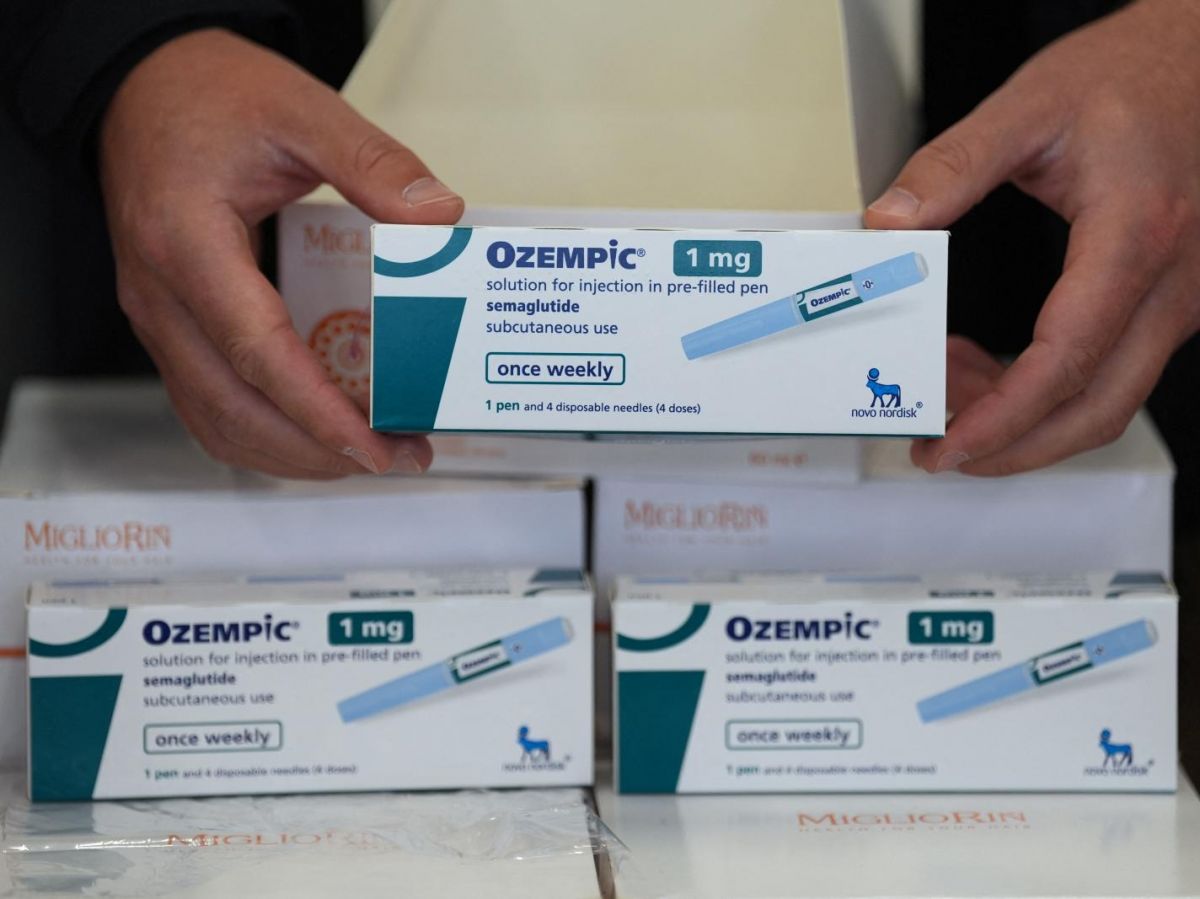Could lithium be the missing piece of the Alzheimer's disease puzzle? In recent years, the field has made great strides, with the development of the first treatments capable of reversing dementia and new blood screening tests. However, Alzheimer's disease still has many gray areas. Some key mechanisms are now known, such as the role of two proteins (beta-amyloid and tau) that accumulate in the brain and prevent neurons from functioning properly. Certain genes, such as APOE, are among the unfavorable factors, as is an unhealthy lifestyle. But what exactly triggers this disease? What is the common thread between this range of symptoms? After more than a decade of work, lithium could be a solid lead, according to a study published in Nature.

Science and Future Health Brain and psychology
Brain and psychology
Lithium, the missing piece of the puzzle for treating Alzheimer's disease?
By Coralie Lemke THE Subscribers
For the first time, researchers have shown that the onset of dementia appears to be linked to a decline in lithium levels in the brain. In mice, lithium treatment has shown a reversible effect on Alzheimer's disease.

Lithium has shown promising effects in mouse models of Alzheimer's disease.
Photo by TEK IMAGE/SCIENCE PHOTO LIBRARY / ABO / Science Photo Library via AFP
Science and Future Newsletter
Brain and psychology: the most read articles


